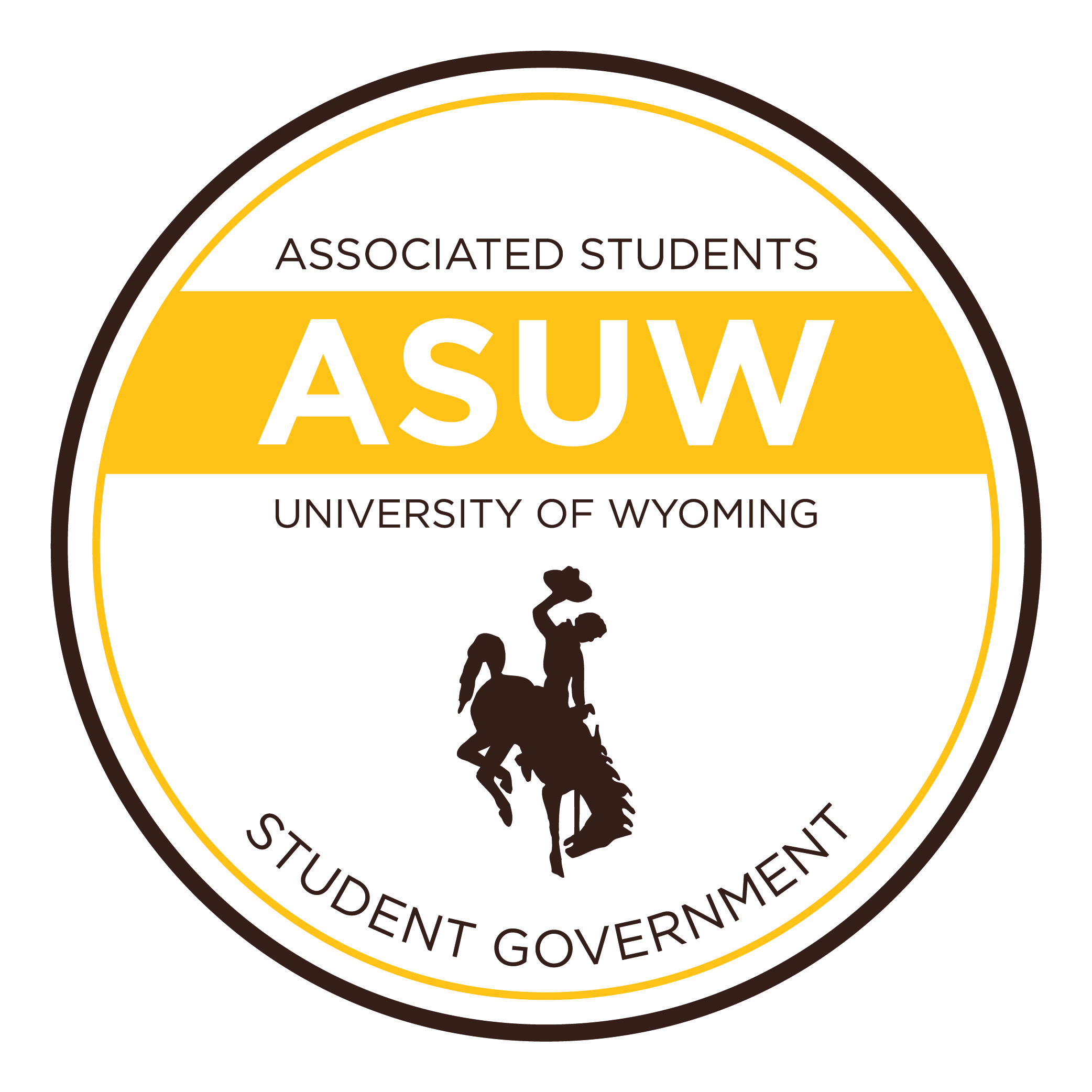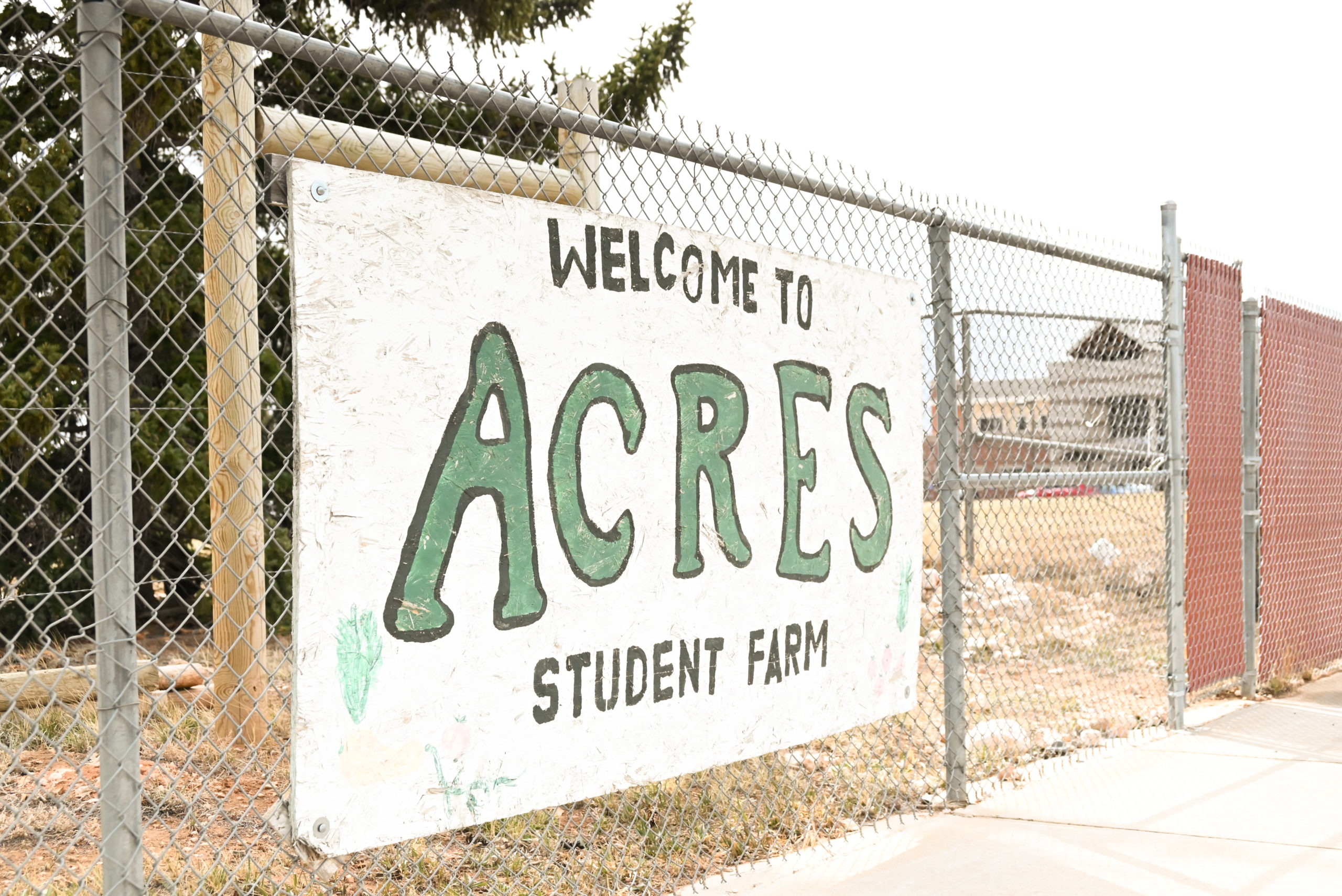Wyoming public school districts are gathering to demand increased funding from the state.
Every two years the state is supposed to account for inflation within the economy and adjust public school funding accordingly, which is referred to as an external cost adjustment (ECA); however, the legislature has not done so in four years.
In an attempt to combat this several Wyoming school districts have formed a coalition, made up by nine districts from Campbell, Carbon, Johnson, Lincoln, Sheridan, Sublette, Sweetwater and Teton counties. The coalition claims Wyoming schools have been shorthanded by $150 million.

Fletcher Turcato, Carbon County School District No.1 superintendent of schools, said Wyoming schools are losing their competitive appeal, adding that teacher salaries in Carbon County have been on a freeze for the past two years.
“I think for the first time ever other states are becoming more competitive,” he said. “We need to be able to retract and retain good teachers, so kids in high school can come out with 20th century skills, and right now this is not happening.”
The coalition surveyed the 48 districts in the state and discovered more than 47 unfilled positions in the schools. In addition, 80 percent of the districts admitted to the lack of an ECA directly effecting the number of educational programs offered.
Turcato said his district has experienced difficulties filling and retaining staff positions, as well as updating curriculum supplies. He noted the shift to common core standards has required new materials the school district cannot afford.
“We don’t have materials to align with common core because it is so much money, and we have not been given an inflation recall for money,” he said. “Technology is lacking and technology infrastructure is lacking.”
Leslie Rush, associate dean for the College of Education, said from her experience, teacher salaries in Wyoming have on average been higher than neighboring states; however, she noted that Wyoming has unique circumstances requiring teachers to work in rural areas. Although the ECA is a complex issue, Rush said proper funding for education is a priority.
“We are producing adults who will be the economic runners and powers of Wyoming,” she said. “I think it’s really important we invest in things.”
Funding from the state is based on district student population, with about $14,000 allocated per student, Turcato said. A loss of 10 students means a district takes a $140,000 cut. This relationship hurts less populated schools, he said, adding that might be why the coalition is made up with smaller districts.
Fear of retaliation might be another reason the 39 school districts not in the coalition have not jumped on board with the group, Turcato said.
“I think there is also a fear amongst some school districts that this could go to litigation, and that if it does, they fear the legislature will come back on them,” he said.
Turcato said he is not concerned.
“Everybody wants to avoid litigation. But, when we in, which we will, every district wins and every kid is going to win,” he said.
The coalition presented their proposal to the Legislature’s Joint Education Interim Committee this past Thursday, where the majority of members voted in favor of amending funds for inflation.
Three legislators voted against the ECA, saying the districts were at one point overfunded, adding the money in the districts’ reserves could be used to alleviate the pressure of inflation, according to a Casper Star Tribune article.
Turcato said this is the wrong thinking.
“You don’t save money in public education – you invest in it – you invest money in our kids,” he said. “We need to be number one.”
Candace Carder, a sophomore education major, said she didn’t have an extensive background on the issue, but funding schools appropriately is always a benefit.
“The education system is doing pretty well and for the most part [Wyoming schools] have a lot more money than most schools,” Carder said. “But I always think there should be more money being put into education over other things.”
Brandi Voss, a sophomore education major, said whether or not the funding is adjusted for inflation would not effect her decision to work within the state.
“The decision for me to be in Wyoming is based on other reasons,” she said.
The ECA issue will be introduced in the Joint Appropriations Committee today, with the end objective involving a proposal of the ECA in the 2015 legislature session.



